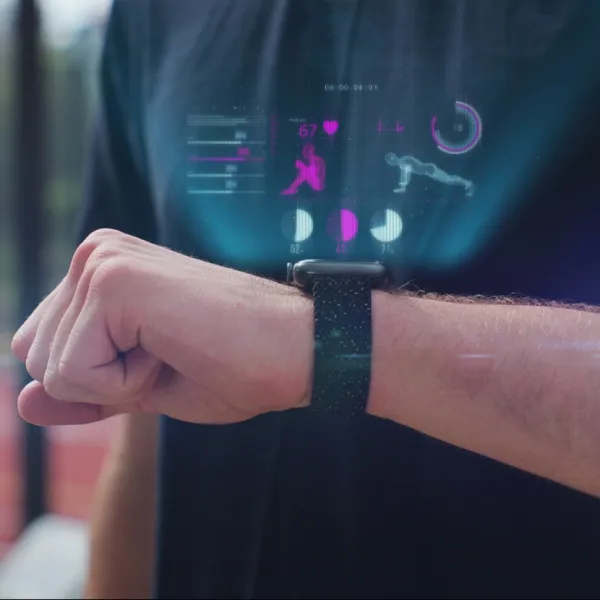USA’s Epic Unveils New Feature to Enhance Patient Control Over Health Data

The IAS feature, as detailed by Epic, gives patients greater control over their health data, making it easier to transfer their medical records to the applications they use.
Epic, a leader in medical records software, introduced a new Individual Access Services (IAS) capability aimed at simplifying how patients share their health data with health and wellness apps.
The IAS feature, as detailed by Epic, gives patients greater control over their health data, making it easier to transfer their medical records to the applications they use.
Epic’s director of interoperability, Rob Klootwyk, emphasized, “This is what's really going to make it possible for individuals to just have the health data that they want at their fingertips and know that it's secure.”
This development is part of a broader movement within the healthcare sector, driven by federal initiatives to improve data-sharing capabilities across the industry.
A nationwide network known as the Trusted Exchange Framework and Common Agreement (TEFCA) became operational in December 2023, setting a foundation for seamless data exchange among providers and patients.
TEFCA Facilitates Seamless Data Sharing
TEFCA aims to standardize and enhance data-sharing practices across various healthcare entities. Under TEFCA, the IAS feature is one of the mechanisms designed to facilitate patient data exchange.
TEFCA establishes universal governance and technical standards to support various data-sharing purposes, including treatment, payment, healthcare operations, and public health.
“TEFCA's individual access use case further improves that by automatically finding all the providers and hospitals that have a chart for the patient. Instead of the patient needing to remember each provider, TEFCA can find the charts automatically,” Matt Doyle, Epic’s R&D team lead for interoperability, noted.
This system simplifies the process for patients, who now need only provide authorisation once to access their records from multiple providers.
Patients can now easily share their medical records, such as health history, test results, and treatment details, across different health systems. This feature is particularly beneficial for managing chronic conditions or obtaining second medical opinions.
Epic’s new capability also improves the process for patients using health apps for various purposes, including managing diabetes or contributing health data for research.
Integration & Patient Education
Epic has introduced an additional layer of patient education within the IAS feature. When patients log in to release their health data to an app, they are shown a screen detailing what information will be disclosed and how it will be used.
This feature aims to enhance transparency and give patients better insight into the handling of their data.
Epic’s founder, Judy Faulkner, highlighted the company’s long-standing commitment to data sharing, stating, “Epic’s goal had always been that regardless of vendor, every patient’s data should be able to be shared, with the patient’s permission, wherever the patient went.”
Stay tuned for more such updates on Digital Health News





























